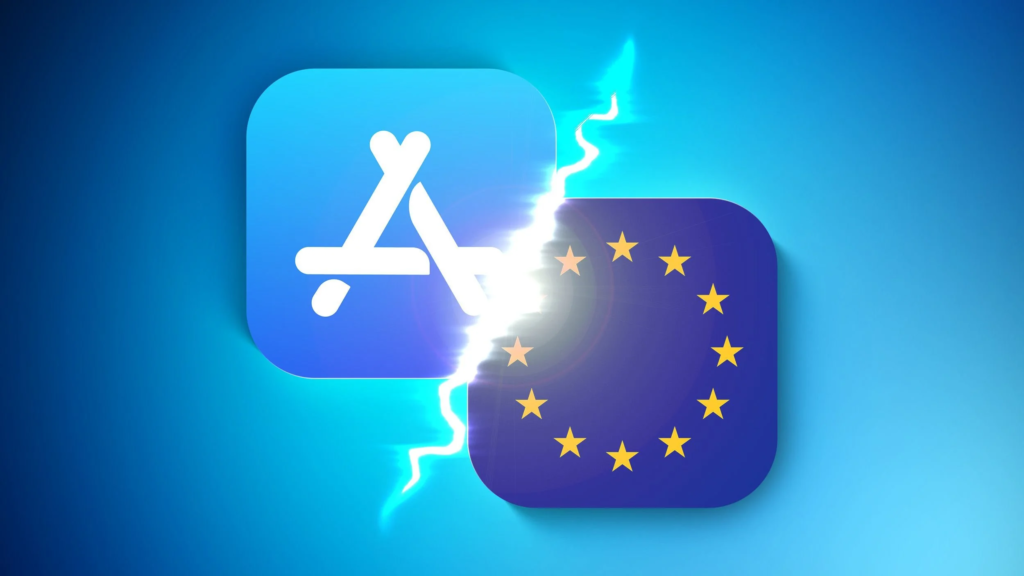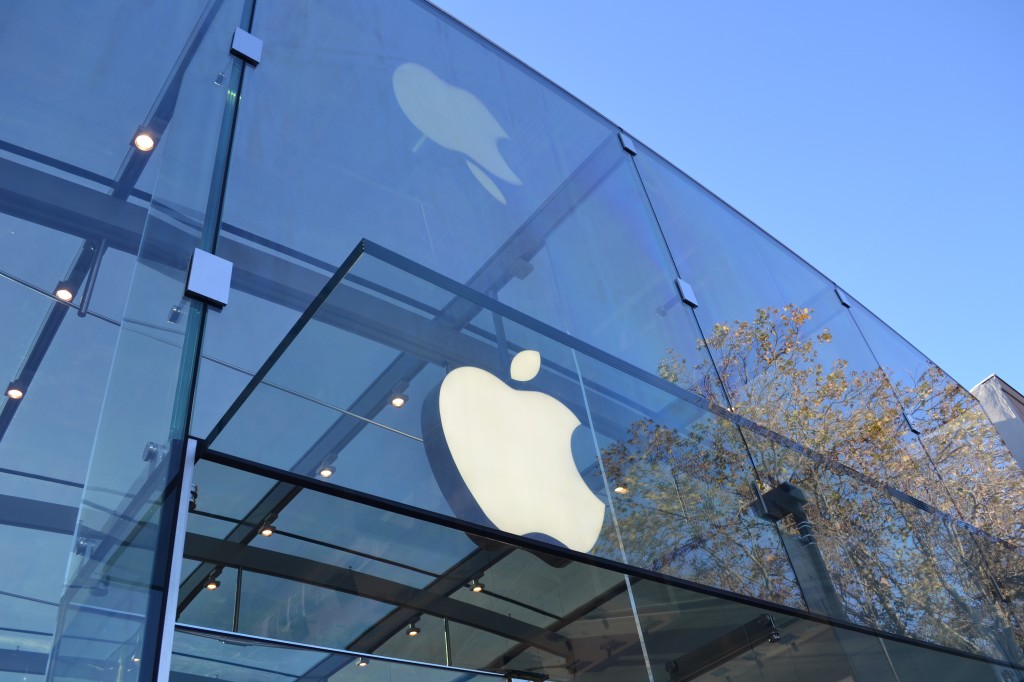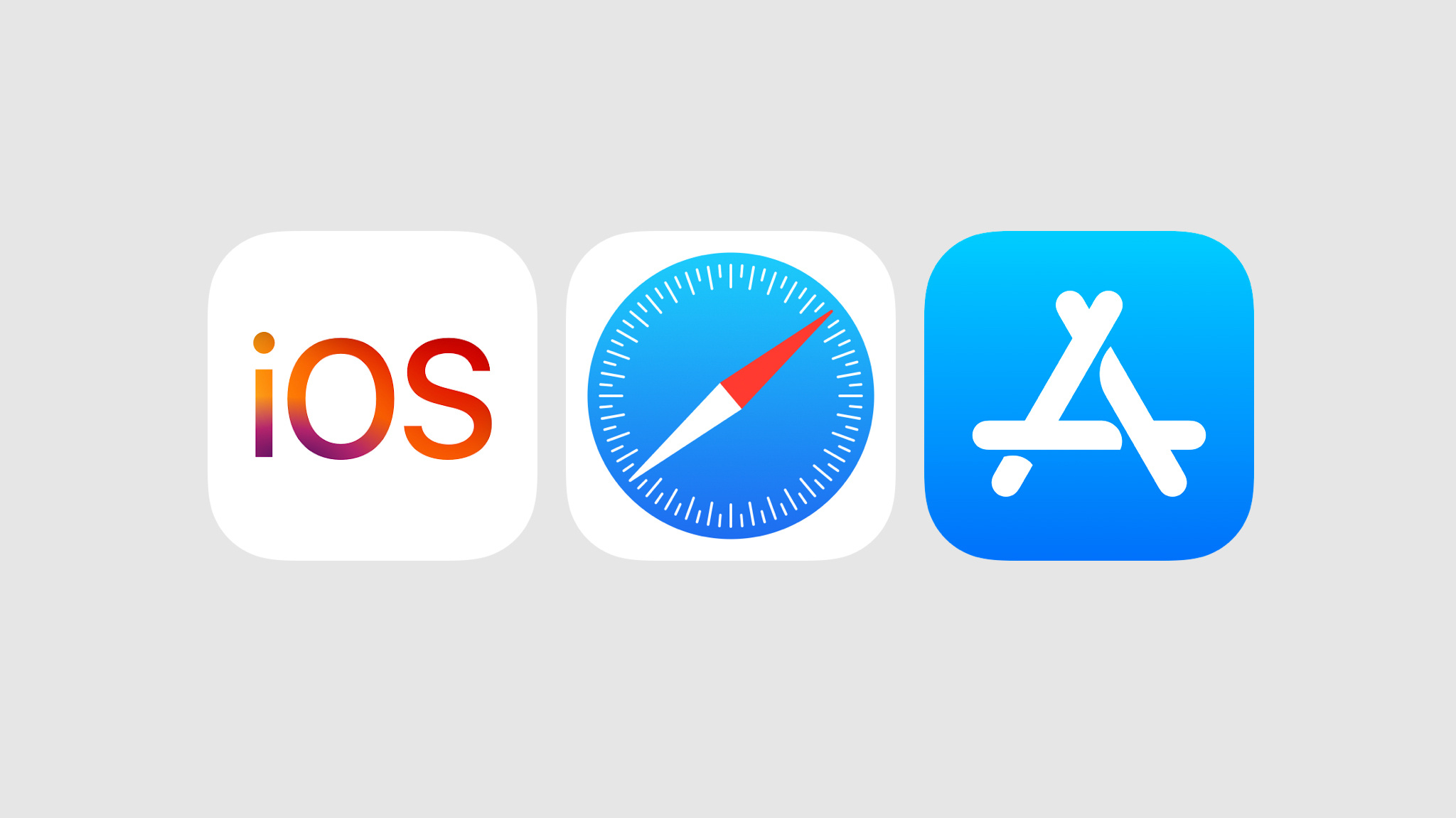
Apple's Sideloading Policy: Why It's Allowed in the EU but Restricted Elsewhere
Apple has long been known for its stringent control over the app ecosystem on its devices, primarily through the App Store. However, recent changes in European Union (EU) regulations have prompted Apple to permit sideloading of apps in the EU, while the rest of the world, including the USA, continues to face restrictions. This blog will explore the reasons behind this disparity and its implications.
What is Sideloading?
Sideloading refers to the process of installing applications on a device directly from sources other than the official app store. For iOS devices, this means users can install apps without going through Apple’s App Store, typically through third-party websites or alternative app stores.

EU Regulations: The Catalyst for Change
Digital Markets Act (DMA)
The primary driver behind Apple’s decision to allow sideloading in the EU is the Digital Markets Act (DMA), a comprehensive set of regulations aimed at ensuring fair competition in the digital market. The DMA targets large tech companies, referred to as “gatekeepers,” which includes Apple.
The DMA stipulates that gatekeepers must:
- Allow third-party app stores on their platforms.
- Permit sideloading of apps.
- Ensure interoperability with third-party services.
Failure to comply with these regulations can result in substantial fines, making compliance the more favorable option for companies like Apple.

Consumer Choice and Competition
The EU has long championed consumer rights and competition. By enforcing regulations that enable sideloading, the EU aims to:
- Increase consumer choice by allowing access to a wider range of apps.
- Promote competition by reducing the monopolistic control of app distribution held by Apple.
- Encourage innovation by providing smaller developers with alternative avenues to distribute their apps.
The US and Other Regions: Why the Resistance?
Security Concerns
Apple has frequently cited security as a primary reason for restricting sideloading. The company argues that the App Store’s review process helps to protect users from malware, fraud, and other security risks. Allowing sideloading, according to Apple, could compromise the security and privacy of its users.
Revenue Model
The App Store is a significant revenue generator for Apple, thanks to the 15-30% commission it charges on app sales and in-app purchases. Allowing sideloading would undermine this revenue model, as developers could bypass the App Store, thereby avoiding these fees. This financial incentive is a strong motivator for Apple to maintain its current policies outside the EU.
Lack of Regulatory Pressure
Unlike the EU, other regions, including the USA, have not yet implemented stringent regulations mandating sideloading. While there are ongoing discussions and legislative proposals in the US aiming to address antitrust concerns in the tech industry, no laws equivalent to the DMA have been enacted. Without such regulatory pressure, Apple has less incentive to change its policies in these regions.
Implications of Sideloading in the EU
For Users
EU users will benefit from increased freedom to install apps from various sources, potentially accessing a wider range of applications, including those not available on the App Store. However, they will also need to be more vigilant about the sources of these apps to avoid security risks.
For Developers
Developers in the EU can distribute their apps more freely, reducing their dependence on the App Store and its commission structure. This can lead to lower costs and potentially higher profits for developers.
For Apple
While compliance with the DMA may initially seem like a setback for Apple, it could lead to a more dynamic app ecosystem. By adapting to these regulations, Apple can avoid hefty fines and continue to operate within the EU market.

Conclusion
Apple’s decision to allow sideloading in the EU but restrict it elsewhere highlights the significant impact of regional regulations on global tech policies. While the DMA has compelled Apple to open its ecosystem in the EU, security concerns, revenue implications, and the absence of similar regulations keep the restrictions in place in the USA and other regions. As legislative landscapes evolve worldwide, it will be interesting to see how Apple’s policies adapt to balance regulatory compliance, user security, and revenue generation.
Stay tuned for further updates on this evolving issue and what it means for the future of app distribution on Apple devices.
Don’t miss out on the latest tech news and insights! Sign up for our newsletter to stay informed about industry trends, updates, and exclusive content. Join Our Newsletter!







